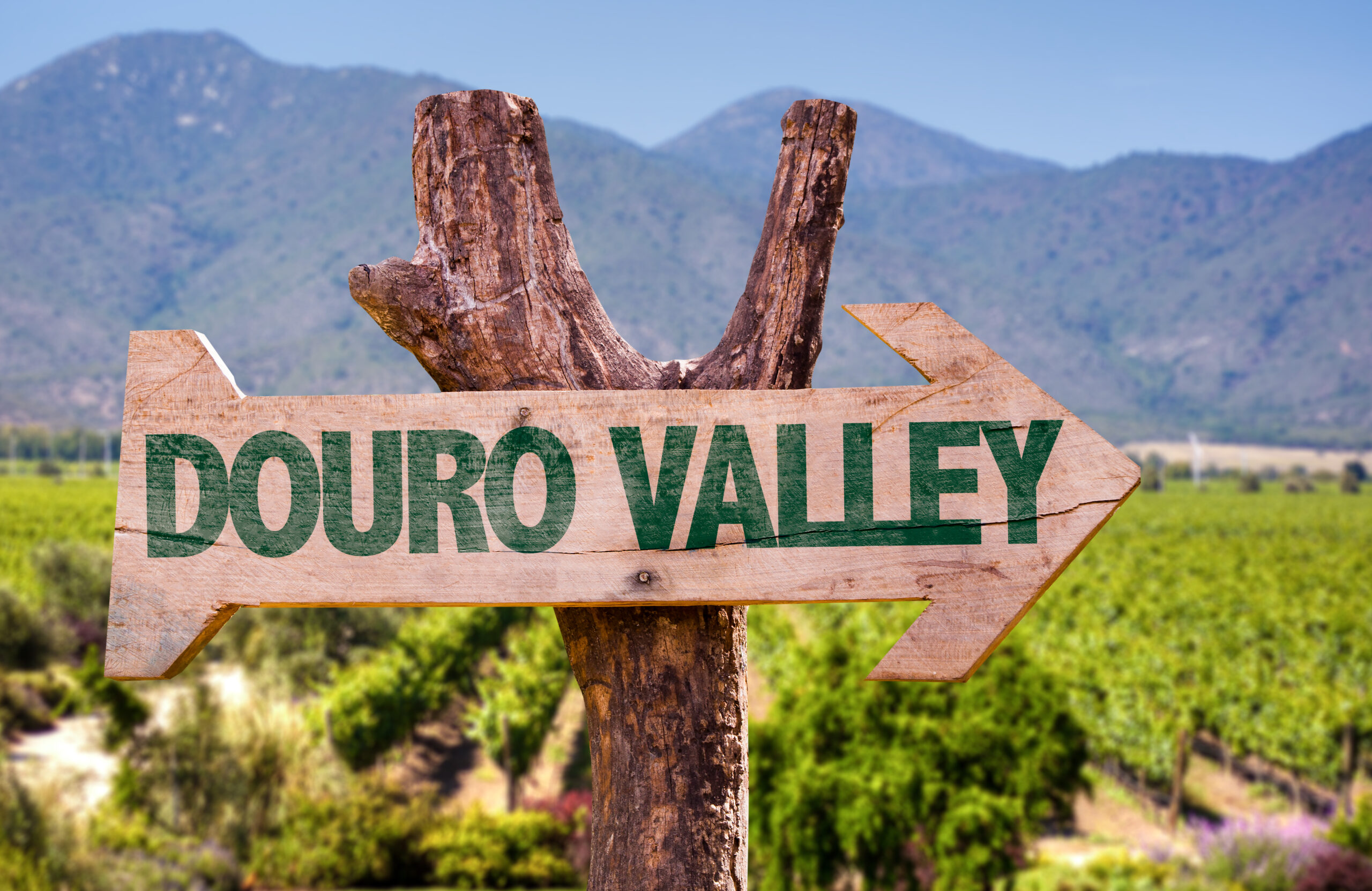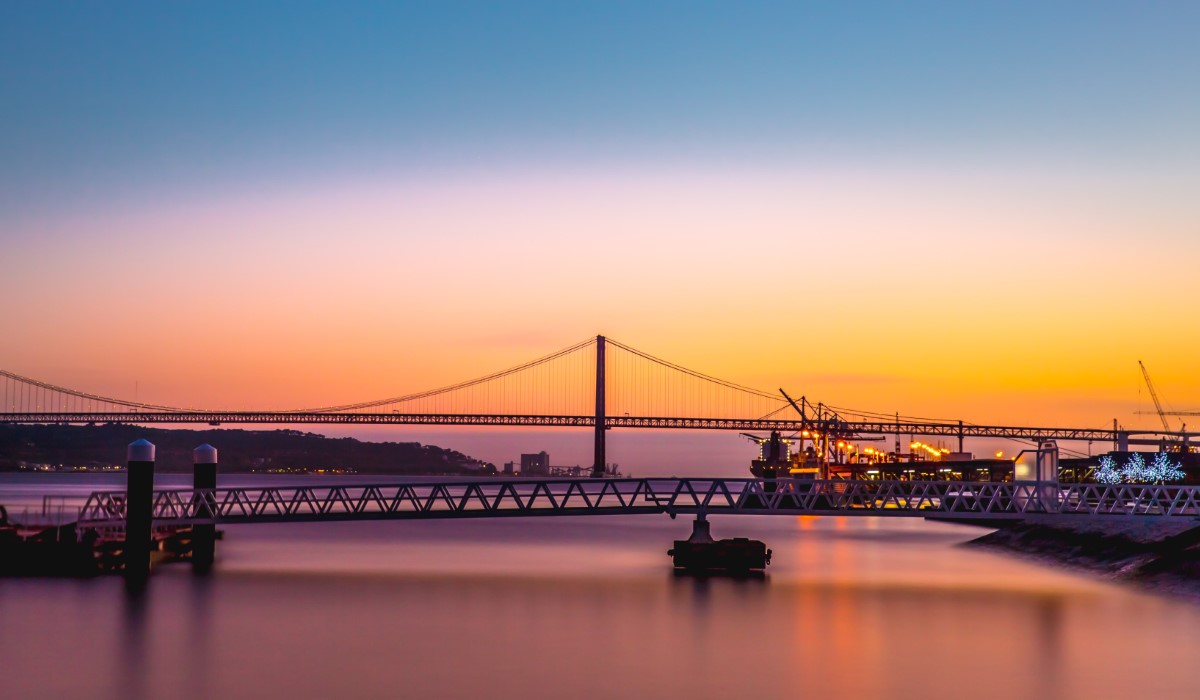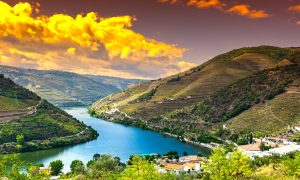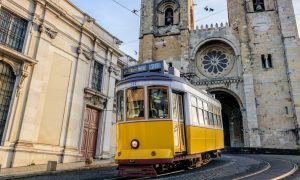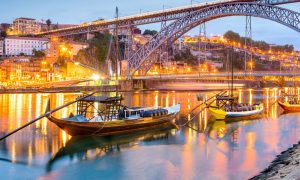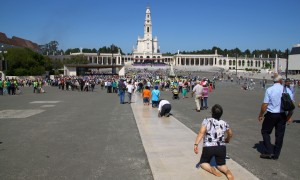Lisbon, the sun-kissed capital of Portugal, is not only renowned for its rich historical heritage and vibrant culture but also for its commitment to ensuring the safety of both residents and visitors. As cities around the world grapple with safety challenges, Lisbon stands out with its integrated safety measures and historical depth in protective strategies. This guide explores the multifaceted safety infrastructure of Lisbon, from its modern implementations to the roots of its historical safeguards, providing a comprehensive overview for anyone looking to understand how this beloved city keeps its people safe.
Navigating Lisbon’s Modern Safety Measures
In recent years, Lisbon has taken significant strides in enhancing urban security through state-of-the-art technology and strategic planning. A cornerstone of Lisbon’s modern safety measures is the extensive network of CCTV cameras installed throughout the city. These cameras are monitored 24/7, providing real-time data that helps in preventing potential threats and facilitating quick response to incidents. Furthermore, Lisbon has embraced the use of smart city solutions, incorporating sensors and data analytics to manage everything from traffic flows to public lighting, which not only improves urban efficiency but also significantly bolsters security.
The city’s public transportation system is another area where safety measures are rigorously applied. Modern trams and buses are equipped with GPS tracking and emergency communication systems, ensuring that any distress signals are promptly dealt with. Additionally, the Metro stations and major bus terminals are staffed with security personnel and emergency response teams during operational hours, enhancing the safety of daily commutes for thousands of passengers. This comprehensive approach ensures that residents and tourists alike can navigate the city with confidence.
Lisbon also focuses on community-based safety programs that involve local populations in safety initiatives. Regular workshops and seminars are conducted to educate the public on various safety protocols, from road safety to emergency preparedness. These programs not only foster a culture of safety but also strengthen community ties, making Lisbon not only a safer but also a more cohesive and inclusive city.
Historical Safeguards: From Past to Present
The roots of Lisbon’s dedication to safety can be traced back to its historical fortifications, such as the iconic São Jorge Castle, which has overseen the city from its majestic vantage point since the medieval era. These ancient structures were the initial steps in creating a protected urban environment, serving both defensive and surveillance purposes. Over the centuries, these fortifications were pivotal in safeguarding the city from numerous invasions and are now integral parts of the city’s tourist attractions, adding layers of historical depth to the modern safety narrative.
In addition to physical fortifications, Lisbon has a long tradition of civic safety measures that date back to the Age of Discovery. The establishment of one of the first fire departments in Europe during the 15th century was a response to the devastating fires that often accompanied urban growth and density. These early innovations in public safety management laid the groundwork for the comprehensive safety protocols that the city implements today.
Moreover, the historical approach to public health in Lisbon, particularly during times of epidemics, shows a city that has consistently prioritized the wellbeing of its populace. Quarantine buildings and sanitary cordons were established as early responses to outbreaks, reflecting an understanding of public health that has evolved into today’s modern healthcare system and emergency response strategies. This enduring commitment to public wellbeing is a testament to Lisbon’s long-standing mission to protect its residents and visitors alike.
In exploring the layers of safety measures that blanket Lisbon, from the state-of-the-art to the historical, it becomes evident that the city’s charm is matched by its conscientious approach to security and safety. For locals and tourists alike, understanding these measures provides not just peace of mind but also a deeper appreciation for the city’s efforts to maintain a safe and welcoming environment. Whether one is meandering through the ancient alleys of Alfama or utilizing the contemporary comforts of its public transit system, Lisbon stands as a beacon of safety, harmoniously blending its past and present to secure a promising future.

Gonzalo
Founder/Owner of The Lisbon Guide, one of the major blog references in Portugal, established in 2014 and receiving every year 250.000 visitors from all over the world, looking to provide the best experiences in Portugal. In partnership with Portugal Magik for all private tours and transfers across Portugal, Gonzalo loves a good seafood meal at Monte Mar Cascais, and all from Michelin Chef Avillez. Favorite Hotel in Lisbon/Portugal, Penha Longa Resort by Ritz Carlton.
For over 15 years, Gonzalo have been helping thousands of travelers yearly to plan a perfect trip to Portugal. Based in Lisbon/Cascais and working in this field for over 20 years, with multiple ongoing projects. Also an avid TripAdvisor user level 6 with more than 300.000 readers worldwide.
Many years working also as a Private Guide of Lisbon, Sintra, Fatima, Porto, Douro Valley, Evora, and other locations in Portugal.



![[MUST READ] Lisbon Best ViewPoints Revealed [MUST READ] Lisbon Best ViewPoints Revealed](https://lisbonguide.org/wp-content/plugins/contextual-related-posts/default.png)
